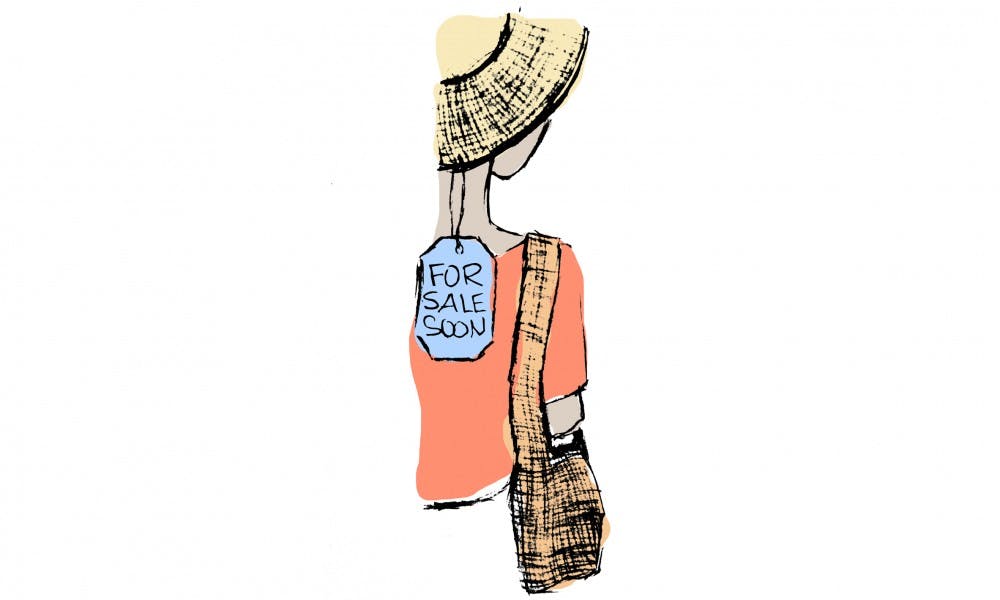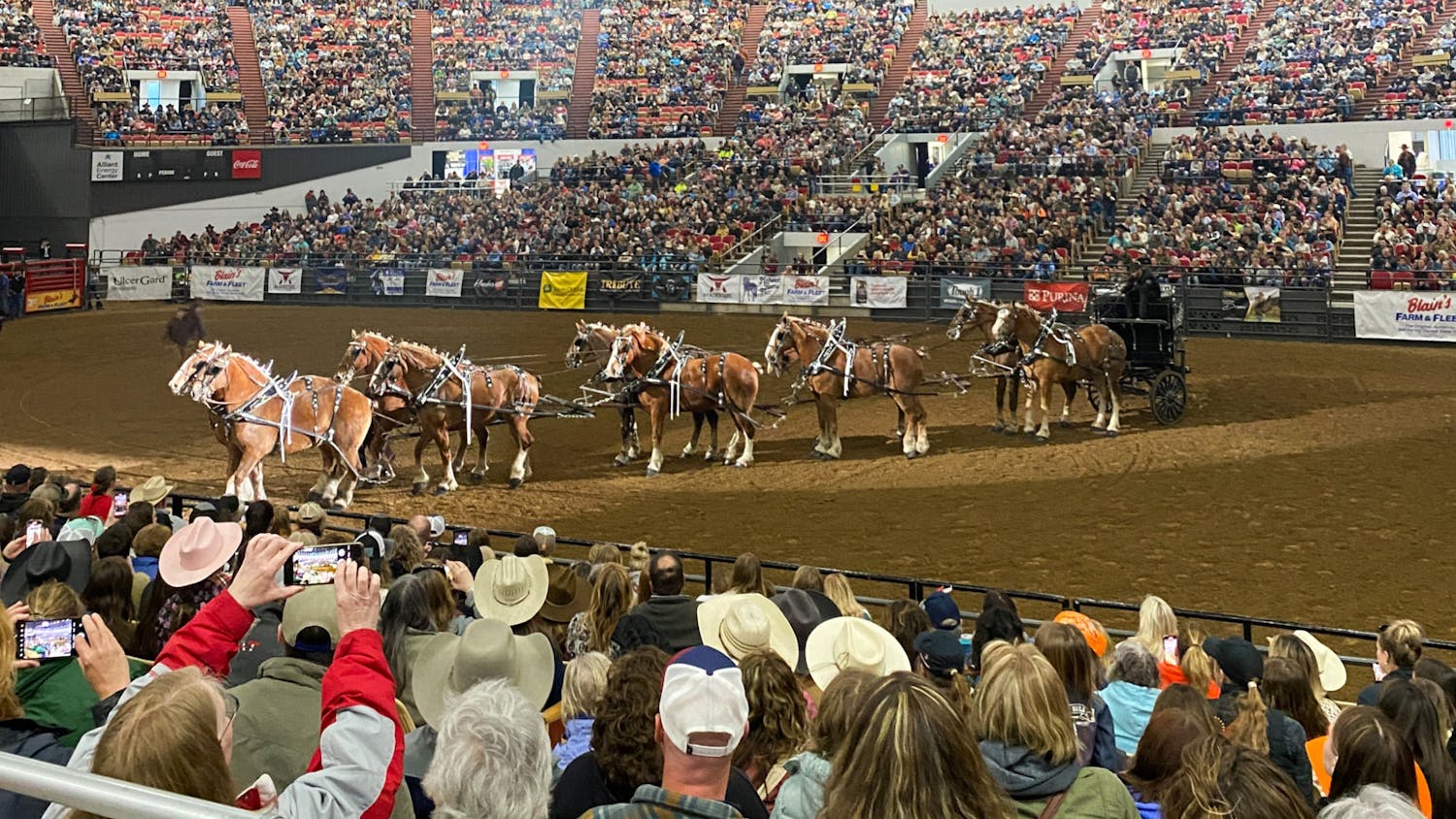There soon may be a new crop accompanying the cows on Wisconsin’s farms: hemp.
The Wisconsin Department of Agriculture, Trade and Consumer Protection is now accepting applications for farmers to participate in a research pilot program for industrial hemp after the state Legislature approved the program in November 2017.
Although the trial program has just recently begun, there are already issues regarding its full implementation due to restrictions from the Drug Enforcement Agency.
Hemp, a plant similar to marijuana but without any psychoactive qualities, was banned from cultivation in the U.S. in 1970 when Congress passed the Controlled Substances Act, grouping hemp with marijuana as a Schedule 1 drug.
After four decades of the ban, hemp farming was legalized under the 2014 Federal Farm Bill, which allowed for each state to individually create pilot programs for industrial hemp through state agricultural agencies or research universities. Along with Wisconsin, 31 other states have set up industrial hemp pilot programs.
Rob Richard, senior director of governmental relations with the Wisconsin Farm Bureau Federation, said he believes industrial hemp will be beneficial for Wisconsin farmers.
“The agriculture economy is not real strong right now,” he said. “There’s not much profitability to be found in farming at the moment. If we bring in a value out of a product like hemp, then we will be able to increase profitability for farmers.”
The DATCP was given 90 days to write the rules for the program, which went into effect on March 2. After that deadline, the department began accepting applications for growing licenses. Licenses do not need to be renewed, but farmers with licenses will need to register to grow hemp each year and pay an annual fee of $350. The deadline for applications is May 1.
But the states with pilot programs are not without their problems.
It is currently illegal under federal law to move hemp seed between states. Melody Walker, pest control and section chief with the Department of Agriculture, Trade and Consumer Protection, identified this as the biggest roadblock facing the pilot program but said she did not know how farmers were solving it.
“We know that people are bringing the seed in, and they will be planting seed. How they're getting it here, I don’t know,” she said. “The state of Wisconsin has no prohibition against moving seed.”
Richard felt similarly, noting that the “biggest obstacle for anybody” right now is the DEA. However, he mentioned that the 2016 Congressional omnibus spending bill ordered the DEA not to interfere with the 2014 Farm Bill, which allowed the pilot program in the first place.
Despite this, it is unlikely that the DEA will comply, which is currently under the supervision of Attorney General Jeff Sessions’s Justice Department, who has made a name for himself for being extremely opposed to the legalization of marijuana. Senate Majority Leader Mitch McConnell has expressed his desire to have hemp removed from the Schedule 1 classification, due to the profit that hemp could bring to his home state of Kentucky. Richard supports McConnell’s bill.
“The farm bureau is on board with removing industrial hemp as a Schedule 1 narcotic and instead treating it as an agricultural commodity,” Richard said.
Furthermore, the Farm Bureau sees industrial hemp and marijuana as completely unrelated.
“From an organizational standpoint, absolutely [it is different],” Rob Richard said, noting that any hemp grown in Wisconsin must fall underneath a 0.3 percent THC threshold, well below the amount needed to experience psychoactive qualities. To get any psychoactive effect, the plant would have to contain around 4 to 5 percent THC.
According to the website for the Ministry of Hemp, “Your lungs will fail before your brain attains any high from smoking industrial hemp.”
When brought up in the Legislature in November 2017, the bill allowing for the pilot program passed both chambers unanimously and was signed by Gov. Scott Walker in December. The widespread support the program has received is closely related to the lucrative profits hemp can bring.
Richard noted that organic seed can bring farmers upwards of $1,000 per acre with conventional seed bringing anywhere from $250-$400 per acre, still higher than what farmers could earn from growing corn or soybeans.
“The legislature wants Wisconsin to have industrial hemp as another crop,” added Melody Walker.
Farmers have also shown a high interest in participating in the program, with Melody Walker saying she has received “hundreds” of calls and emails.
Moving forward, the DATCP will be inspecting hemp fields at harvest time to test their THC content. Farmers will also have to pass a background check to ensure no history of drug-related offenses. Because of this, Richard believes that many in the state have no hold-ups about the pilot program and its relation to marijuana.
“Farmers now understand the difference between industrial hemp and marijuana,” he said. “If this discussion was happening four or five years ago … I think that would be totally different.”






